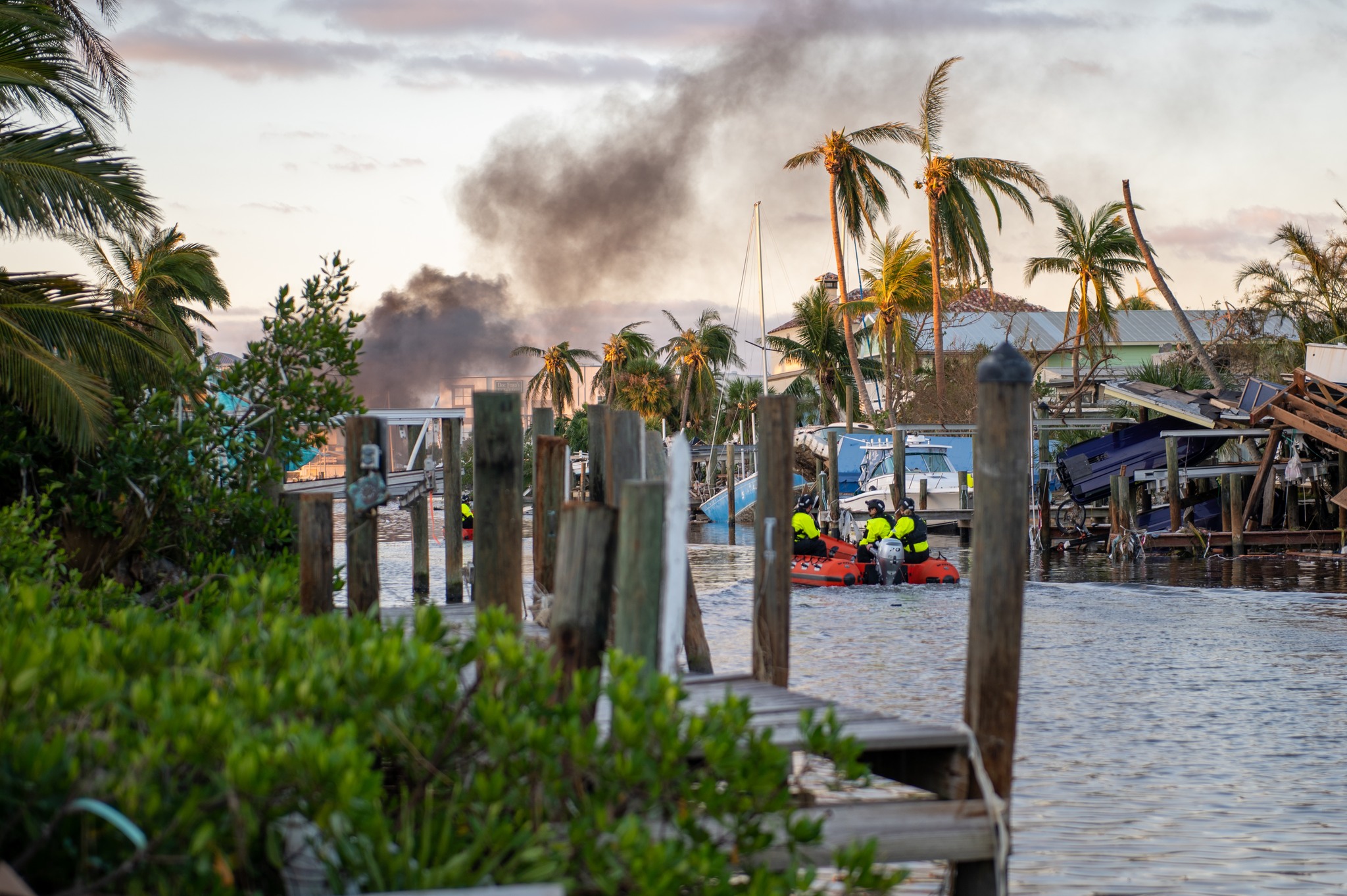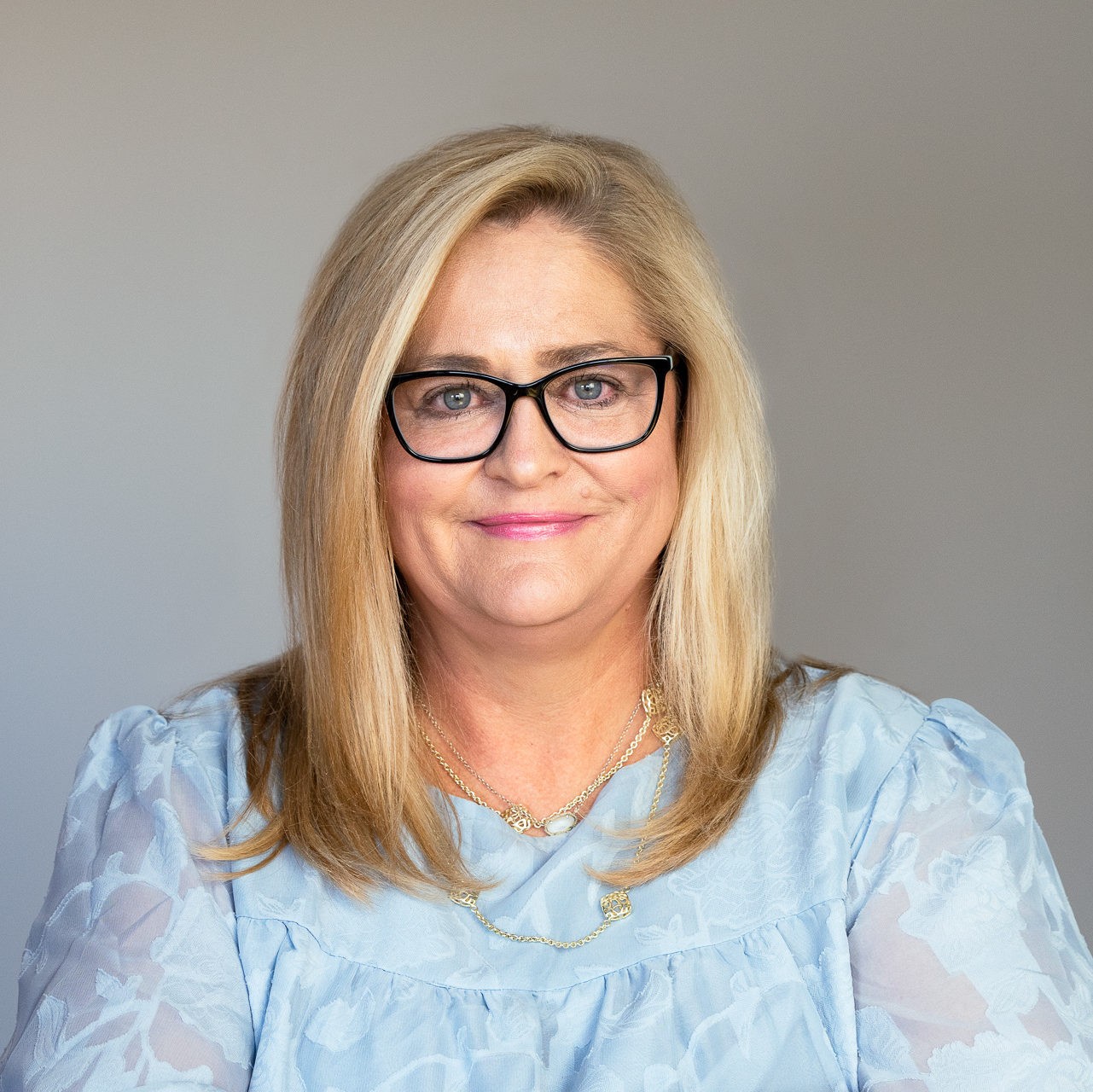CDP announces nearly $2.5 million in Atlantic Hurricane Season Recovery Fund grants as National Hurricane Preparedness Week begins

This week (April 30-May 6) is National Hurricane Preparedness Week. Every year during this week, we join with our disaster partners in local, state and federal government and communities across our coasts and beyond to share preparedness ideas in anticipation of what this hurricane season may bring. Though the official season kicks off in June, we start preparing early so we can be ready.
However, even as weather forecasting experts share what we can expect from the 2023 Atlantic hurricane season, we at the Center for Disaster Philanthropy are still learning about gaps in recovery from last season’s storms that affected the U.S. and U.S. territories. Hurricanes Ian and Nicole devastated parts of Florida and affected other states along the Atlantic coastline, while Hurricane Fiona exacerbated issues already affecting the fragile infrastructure in Puerto Rico.
I’ve traveled recently to both Florida and Puerto Rico to learn in place about the recovery needs there. During these community-driven learning trips – what we call “shoe leather philanthropy” – I’ve found extraordinary people and organizations supporting the populations most affected by recent hurricanes that might not have access to the resources they need for a fair, inclusive and equitable recovery. I am grateful for their work and proud that CDP can support them through our Atlantic Hurricane Season Recovery Fund.
2022 hurricane season grants
I am pleased to announce the following grants totaling nearly $2.5 million to eight organizations supporting hurricane recovery in Florida and Puerto Rico.
- Collier Disaster Alliance – $250,000 to support survivors of Hurricane Ian in Collier County, Florida, through community collaboration, casework, case management partnership, volunteer labor organization, referrals, information sharing, financial repair and rebuild assistance, and allocating financial aid to individuals through unmet needs allocations.
- Equal Justice Works – $450,000 to enhance capacity to deliver legal services by mobilizing legal fellows to partner organizations in Florida and Puerto Rico to serve low-income communities impacted by Hurricanes Ian and Fiona and at risk of future disaster.
- Fundación de Mujeres en Puerto Rico – $250,000 to support local, women-led and women-serving organizations in some of Puerto Rico’s most marginalized communities affected by Hurricane Ian.
- Habitat for Humanity Florida – $300,000 to provide long-term assistance to Hurricane Ian-affected local Habitat affiliates with funding to repair and rebuild low-income households, helping affected families and children return to safe and secure homes.
- Hope DeSoto Long Term Recovery Group (through fiscal agent Arcadia-DeSoto County Habitat for Humanity) – $200,000 to increase long-term recovery efforts in DeSoto County, Florida, necessitated by Hurricane Ian and to build community resiliency.
- Rebuilding Together Tampa Bay – $300,000 to support rebuild and repair operations in Florida in marginalized communities affected by Hurricane Ian.
- SBP – $500,000 for SBP and its partners to return marginalized, Hurricane Ian-affected families to the safety and security of their homes in Florida. SBP’s long-term recovery work will lay the groundwork for continued recovery efforts throughout the region and position local nonprofits to leverage additional resources to drive community resilience.
- Toolbank USA – $249,999 to support a southeast territory hub – or tool warehouse—in Tampa, Florida to provide tools and supplies to community-based organizations providing response and long-term recovery from Hurricane Ian.
Next steps
We still have more funds to grant out. And we will announce additional grants to support recovery from the 2022 hurricane season and build communities’ ability to withstand future storms soon. But it’s never enough, so we must plan for what might be next.
I encourage you to take some time during National Hurricane Preparedness Week to assess your and your area’s risk. Plan for yourself and your family and engage in preparedness planning in your community if possible. Connect with organizations you know and trust to support hurricane recovery. And make sure you support their work before AND after a disaster strikes. If we’re better prepared before the storm comes, we’ll all be better able to recover after. Stay safe!
